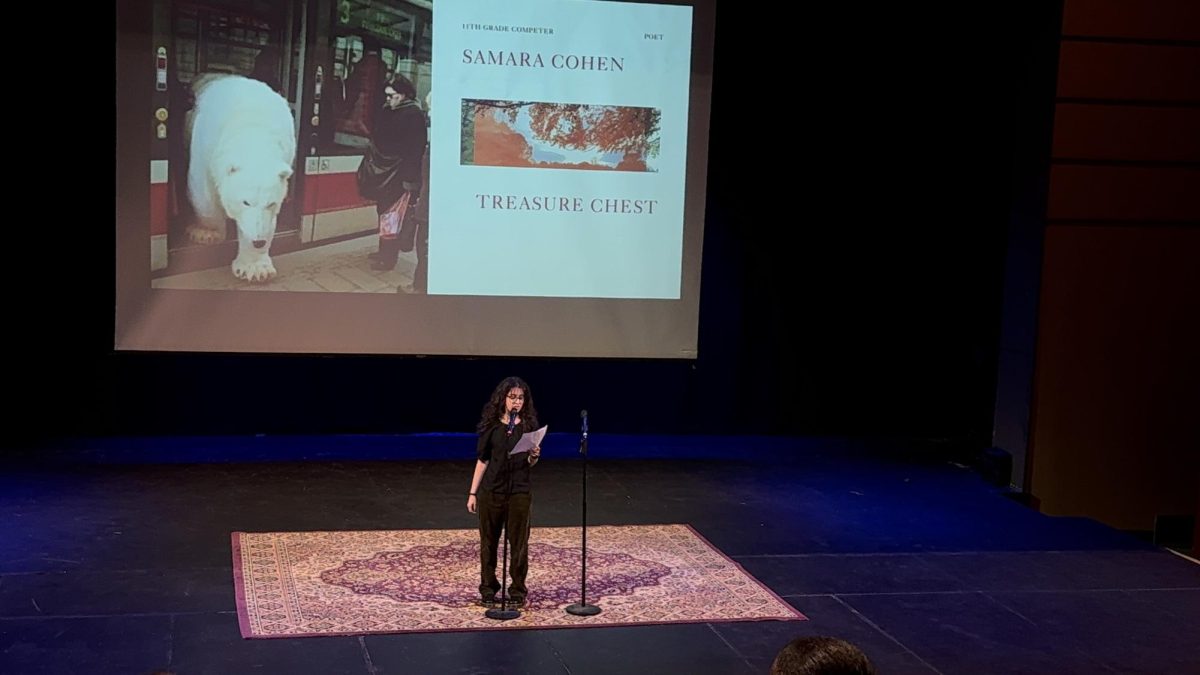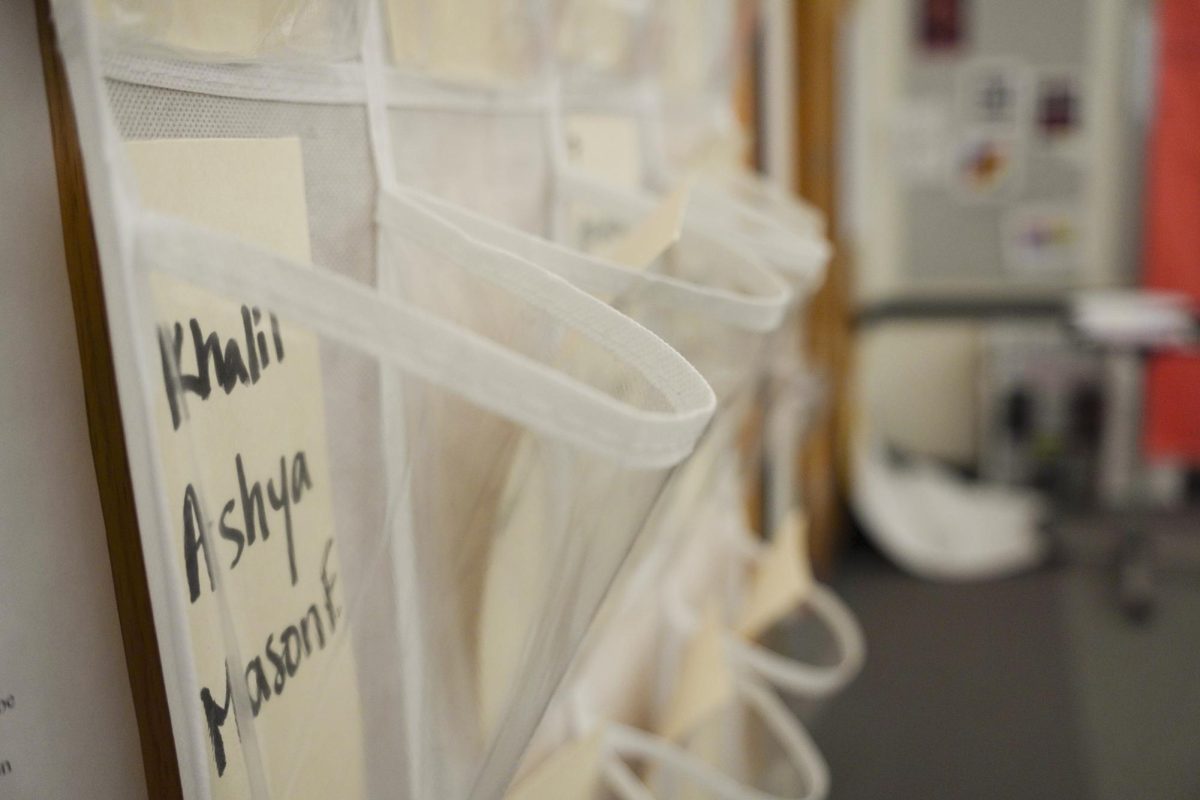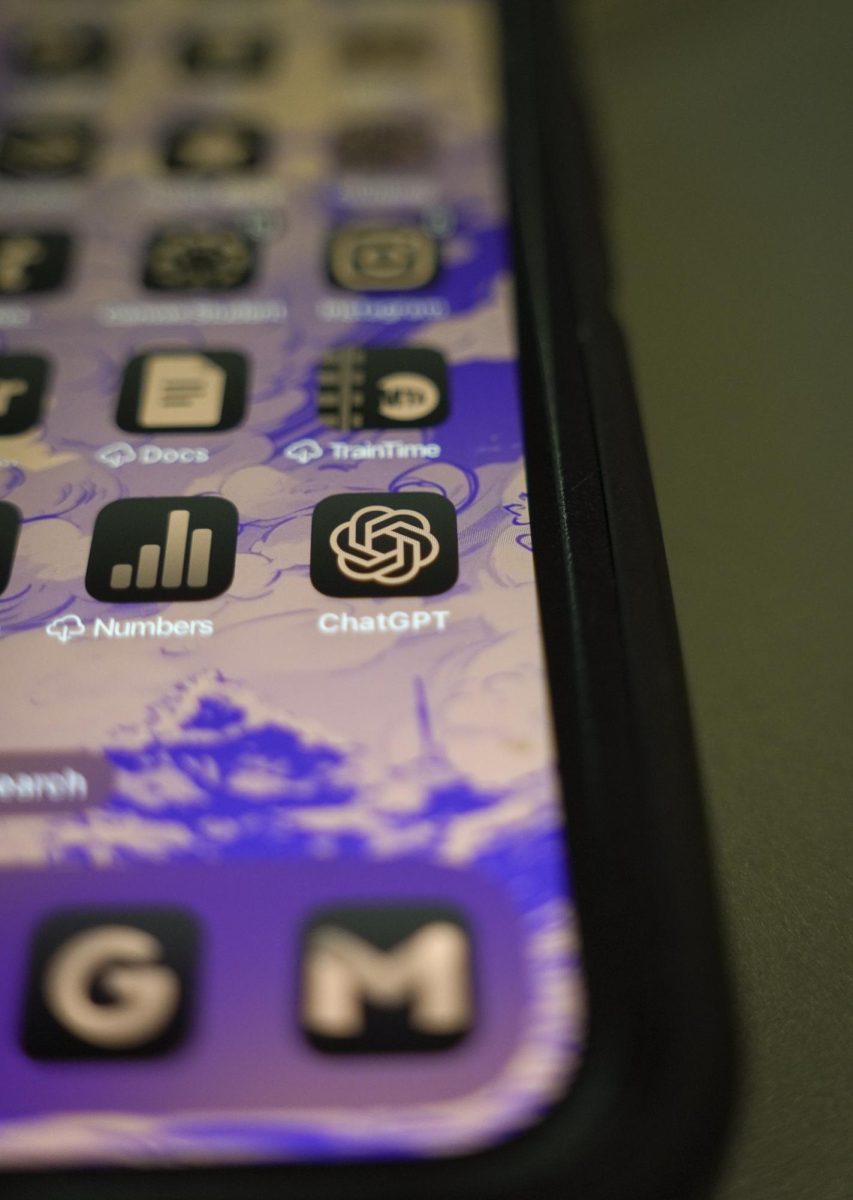Artificial intelligence is changing education. It is offering powerful tools to AFS students and teachers. In my opinion, to use AI well, AFS should create a policy which encourages responsible use and prevents unhappy issues.
When used wisely, AI can help learning. For students, it helps with organization and understanding. Students in our English class are asked to use AI to plan our Frankenstein project, to come up with more ideas and finish efficiently. Another classmate, who studies Spanish, used AI to create practice questions. They were much better than unreliable online resources.
For teachers, AI saves time. A classmate noted how Middle School Math Teacher Lota Castro-Anderson used AI to grade quickly, speeding up feedback and allowing more focus on individual help. AFS should support these uses of AI.
However, AI can be misused. Copying answers from ChatGPT becomes a big issue for honesty. Overusing AI will also weaken critical thinking. AFS must tackle these risks to keep AI as a learning tool.
I spoke with Upper School Director Brendon Jobs, and he said, “I find that AI helps me save a lot of time and I use [it] during daily work. The only thing we should worry about is academic honesty.”
AFS should set clear rules: students can use AI for ideas or to clarify questions, but not copy answers.
For example, brainstorming with AI or checking facts is fine, but submitting AI work as their own is cheating. In presentations, students should mention AI use, though not use it for casual tasks like emails. Teachers should guide students on proper use, and the policy should align with existing cheating rules.
If used responsibly, AI can enhance education as a tool for planning, studying, and grading. Viewing misuse as cheating will make AI a valuable partner for students and teachers.

























Jenny • May 30, 2025 at 10:57 am
The diversity of opinions about AI is an inevitable consequence, since people tend to be cautious about uncertainty therefore skeptics towards emerging technologies are always present. The internet, per say, is a necessity for us now yet a controversial topic when it came out. AI to us now is like the internet to people twenty years ago—people would always have concerns over new technology, early skeptics such as misinformation toward the internet parallel current concerns about AI.
However, the internet eventually transformed education and research through the development of digital libraries, searchable academic databases like Google Scholar, and the rise of online learning platforms. What was once feared as a distraction became a foundational tool for modern education—suggesting that AI, too, may evolve in similar ways if guided by thoughtful policy and adaptation.
Malea • May 29, 2025 at 5:01 pm
If we are prevented to use AI and ridiculed for using it for things that don’t have to do with academic dishonestly, why do the teachers and environment around us do the same thing? Its important to create a space where using the tools we are given are accepted. As we develop into a more modern world, the technology around us is constantly changing. Other than new phones and laptops, the resources we can use are changing as well. Ignoring the fact that AI is a thing and it’s evolving and becoming more of a topic creates harmful academic conditions not only for the students but for teachers as well. It is disappointing to see that your student was being dishonest. As mentioned in the article as well it prohibits the growth and learning of students on topics in school. I am in support of using AI in way that can help you. I have had many instances where a teacher isn’t clear on explaining things or never gives study guides or homework to review before tests. Asking AI for studying help isn’t something to be ashamed of but something to encourage and be in support of. Teachers and AFS needs to promote the health use of AI.